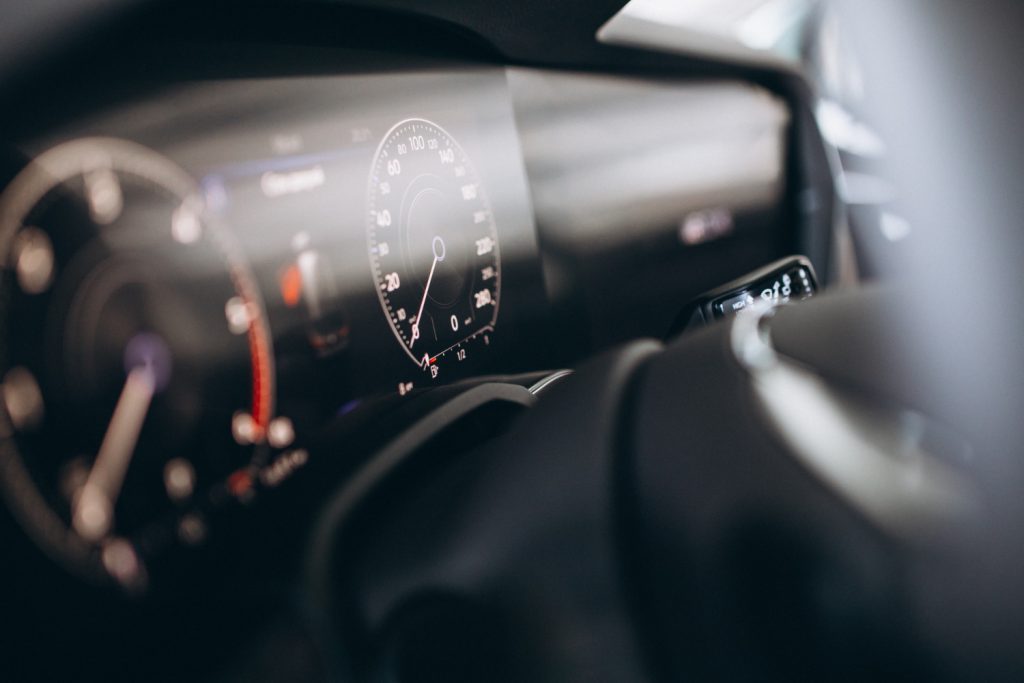Leasing a car in Javea, a picturesque town on Spain’s Costa Blanca, is a popular option for both residents and visitors who need a vehicle without the long-term commitment of ownership. However, accidents and damages can occur, and it’s important to understand your responsibilities if you find yourself in this situation. Whether it’s a minor scratch or a major accident, the consequences of damaging a leased car depend on several factors, including the lease agreement, insurance coverage, and the extent of the damage.
Understanding Lease Agreements and Damage Policies
When leasing a car, you enter into a legally binding contract with the leasing company. This agreement includes specific terms regarding wear and tear, insurance requirements, and repair obligations. Lease agreements usually distinguish between normal wear and tear and excessive damage. Minor scratches, small dents, and slight upholstery stains might be acceptable, but anything beyond this could lead to penalties.
Insurance is a crucial part of leasing a car in Spain. Most lease agreements require at least third-party liability insurance, but comprehensive coverage is recommended to protect against damages. If an accident occurs, the type of insurance you have will determine whether you pay out of pocket or if the insurer covers the cost.
Immediate Steps to Take After Damaging a Leased Car
If you damage a leased car, the first priority is ensuring your safety and the safety of others. In the case of an accident, move to a safe location and check for injuries. If medical assistance is needed, call emergency services at 112. If another driver is involved, exchange information, including names, contact details, and insurance details.
Next, report the incident to the appropriate authorities. If it’s a significant accident, theft, or vandalism, filing a police report with the local police or Guardia Civil may be necessary. Documentation is key, so take clear photos of the damage from multiple angles and gather witness statements if possible. This evidence will be useful when dealing with the leasing company and insurance provider.
You should also notify the leasing company immediately. They will provide instructions on how to proceed, including approved repair centers and insurance claim procedures. Failing to inform them could result in penalties or additional costs.
Who Pays for the Damage?
The financial responsibility for the damage depends on the type of insurance you have. If you only have third-party liability insurance, which is the minimum requirement, it will not cover damage to the leased car, meaning you will have to pay for repairs yourself. However, if you have comprehensive insurance or a collision damage waiver (CDW), the insurer will cover most or all of the repair costs, depending on your deductible.
Some leasing companies offer excess insurance, which covers the deductible amount you would otherwise need to pay. Without this, you may still have to cover a portion of the repair costs, even if your insurance policy covers the damage. If you choose not to repair the car before returning it, the leasing company will assess the damage and deduct the repair cost from your security deposit or bill you separately.
Repairing the Car: Where and How?
Most leasing agreements require you to use an authorized repair center for any damages. In Javea, several garages specialize in insurance-approved car repairs, including Talleres Auto Javea and Garaje Climent. Your leasing company or insurance provider may also recommend specific repair shops.
Using an unauthorized repair shop can be risky, as the leasing company might not accept the repairs, leading to additional charges when you return the vehicle. It’s always best to confirm the repair process with the leasing provider before proceeding.
If you’re making an insurance claim, the insurer may send an adjuster to inspect the damage before approving repairs. This process can take a few days, so it’s advisable to begin as soon as possible. If the car is undrivable, your lease agreement may include provisions for a temporary replacement vehicle.
Consequences of Not Reporting or Repairing Damage
Ignoring damage on a leased car can lead to significant financial consequences. When you return the vehicle at the end of your lease, the leasing company will conduct a thorough inspection. If they find unrepaired damage that exceeds normal wear and tear, they will charge you accordingly. These charges can sometimes be higher than what you would have paid for independent repairs.
If the damage is extensive and you fail to report it, you could be in violation of your lease agreement. This may lead to penalties, legal action, or difficulties leasing a car in the future. Moreover, if the damage is left unrepaired and affects the vehicle’s safety, the leasing company may refuse to accept the return until the issue is resolved.
What Happens if the Car is Totaled?
In cases where the leased car is declared a total loss, the insurance provider will compensate the leasing company for the market value of the vehicle. However, there may be a gap between the insurance payout and the remaining balance on your lease. If this happens, you could be responsible for paying the difference unless you have gap insurance, which covers this shortfall. Some leasing companies include gap insurance in their contracts, but if not, it’s a good idea to consider purchasing it separately.
Protecting Yourself from High Costs
To avoid unexpected costs, it’s essential to take precautions throughout your lease term. When you first receive the car, document its condition with photos and notes to avoid being blamed for pre-existing damage. Choosing comprehensive insurance with a low deductible can prevent significant out-of-pocket expenses in case of an accident.
Driving carefully and following traffic laws can minimize the risk of damage. Avoiding narrow roads, parking in secure areas, and being cautious in unfamiliar driving conditions can all help prevent incidents. If damage does occur, acting promptly can reduce the financial impact and keep the lease process smooth.
Final Thoughts
Damaging a leased car in Javea can be stressful, but knowing how to handle the situation can prevent complications. Reporting the damage, following your leasing company’s repair guidelines, and ensuring you have adequate insurance coverage will help you manage the situation effectively. Understanding the terms of your lease agreement before signing can also save you from costly surprises. By taking the right steps, you can resolve the issue smoothly and avoid excessive charges at the end of your lease term.
Frequently Asked Questions (FAQs)
Do I have to report minor scratches and dents on a leased car?
Yes, even small damages should be reported to the leasing company, as they may charge for anything beyond normal wear and tear
Can I repair a leased car at any garage?
Most leasing companies require you to use authorized repair shops. Always check with them before choosing a repair center
What happens if I return a leased car with damage?
The leasing company will assess the damage and charge you accordingly. The cost may be deducted from your deposit or billed separately
Does insurance cover all damage to a leased car?
It depends on your coverage. Third-party liability insurance does not cover damage to the leased vehicle, but comprehensive insurance does
What if the leased car is totaled?
If the car is a total loss, insurance will pay the market value, but you may still owe money if the payout does not cover the remaining lease balance





